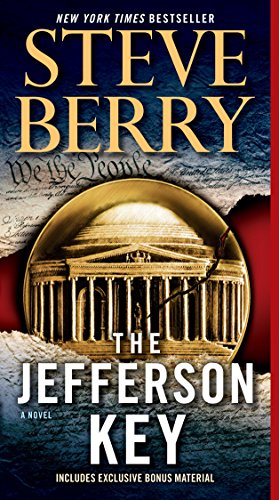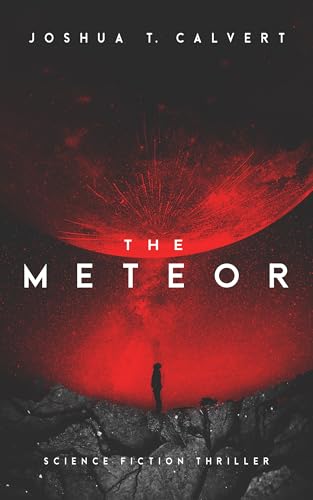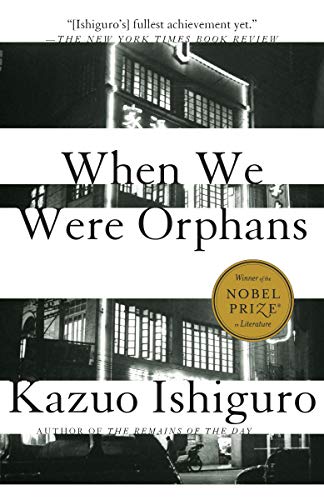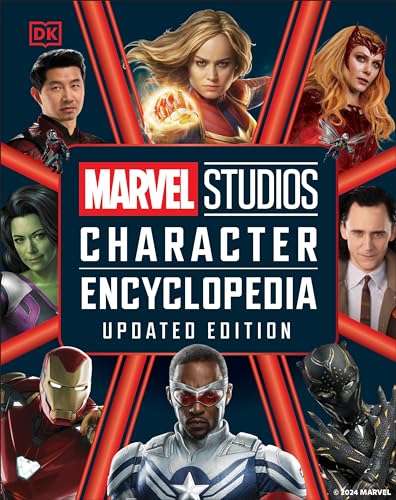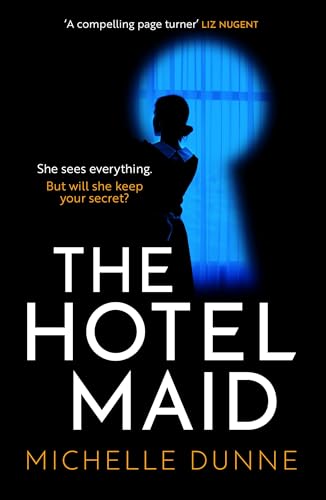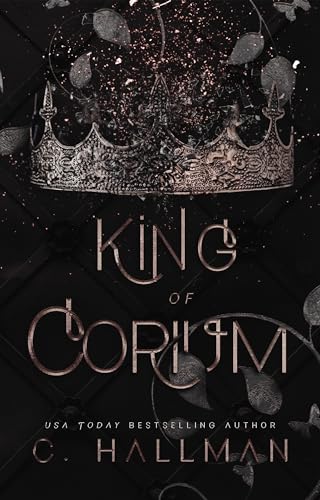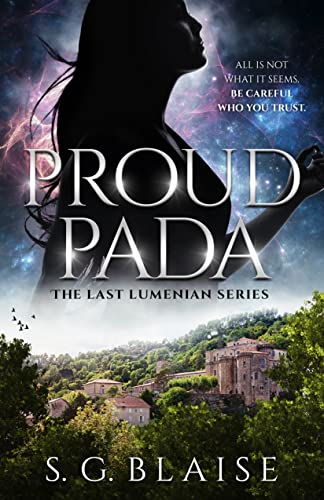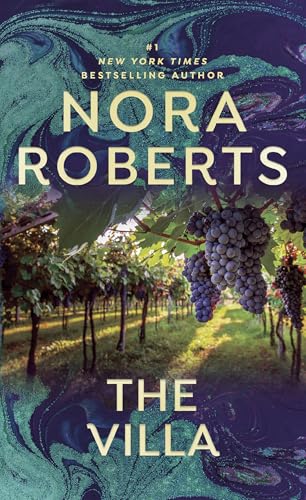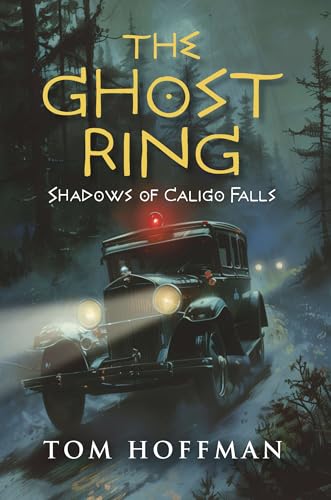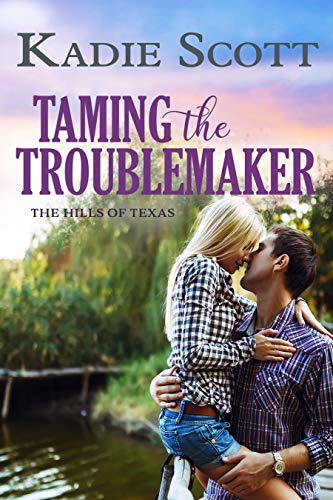At the beginning of the 2010s, a generation that had grown up obsessed with Harry Potter and other middle-grade fantasy series decided it wasn’t that interested in adult literary fiction, with its often lackadaisical plotting and downbeat endings, notes Laura Miller from Slate… Support our news coverage by subscribing to our Kindle Nation Daily Digest. Joining is free right now!
By 2010, Stephenie Meyers’ Twilight had already proven that a multivolume YA franchise with a romantic triangle and lashings of paranormal brooding could be a virtual license to mint money, especially when the inevitable movie deal came along. Then the 2012 film version of Suzanne Collins’ The Hunger Games, a series already enormously popular in print, was a hit in theaters, adding dystopian yarns to the roster of blockbuster YA themes. To distinguish themselves in an increasingly crowded field, the genre’s characters sported ever-stranger and even outright gimmicky special powers—the ability to manipulate iron or kill with a touch or turn into a bee—and they wrestled with societies that dictated who they married, segregated them into factions based on temperament, or subjected them to surgery that eradicated their ability to love. Dystopia was a trenchant genre for middle-class kids who grew up heavily surveilled by parents and social media, as well as pressured to vie for their spot in a relentless meritocracy starting from grade school.
But perhaps the most emblematic event in YA during the 2010s was less high-profile: the founding of Full Fathom Five, a “content creation company,” by James Frey, whose bestselling 2003 memoir A Million Little Pieces had been exposed as having been substantially fabricated. In a 2010 article for New York magazine, Suzanne Mozes described how Frey recruited her and other graduate writing program students at Columbia to work for Full Fathom Five writing assorted YA series based on highly commercial premises with an eye toward attracting movie producers. In return, the young hopefuls received a flat rate of $250 and the promise of a cut of any future proceeds, along with no rights to their own creations and an Orwellian NDA.
The most successful of these products, 2011’s I Am Number Four, was written by Frey and Jobie Hughes under the pseudonym Pittacus Lore and was adapted by DreamWorks in 2011. At one point, Full Fathom Five employed as many as 28 writers who were cranking out boilerplate YA novels for minimal compensation.
Read full post on Slate

